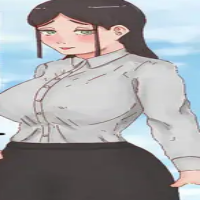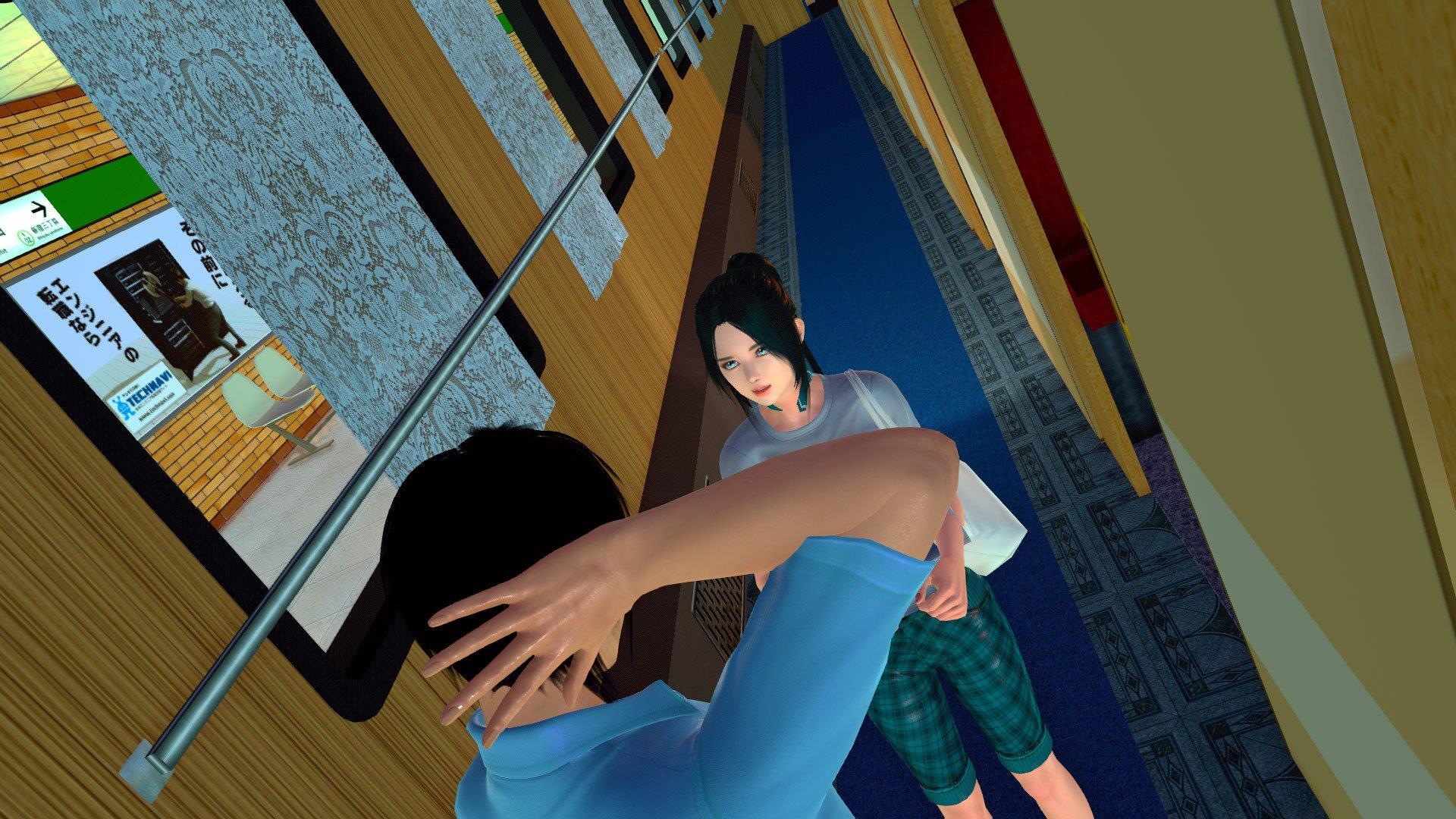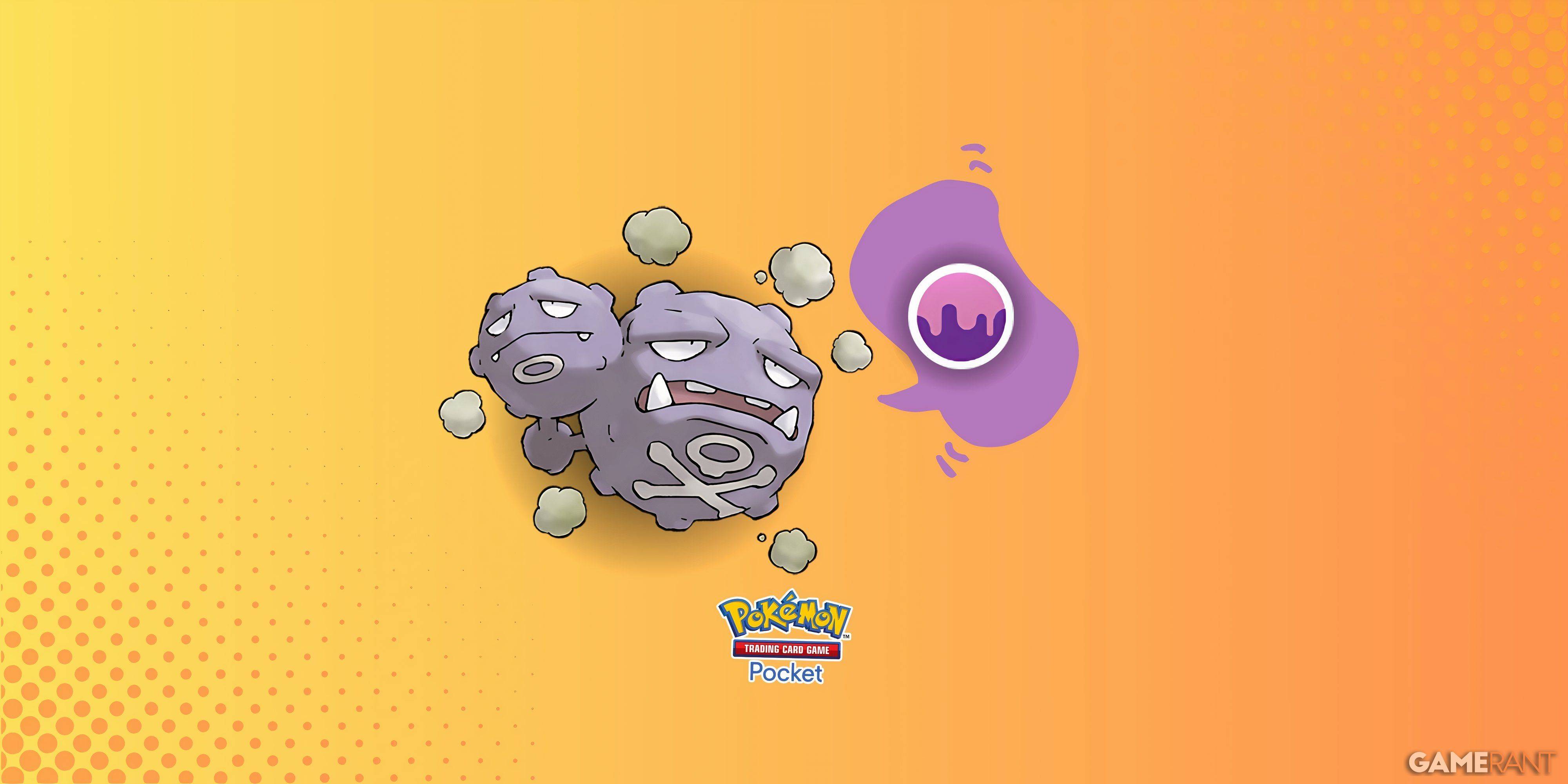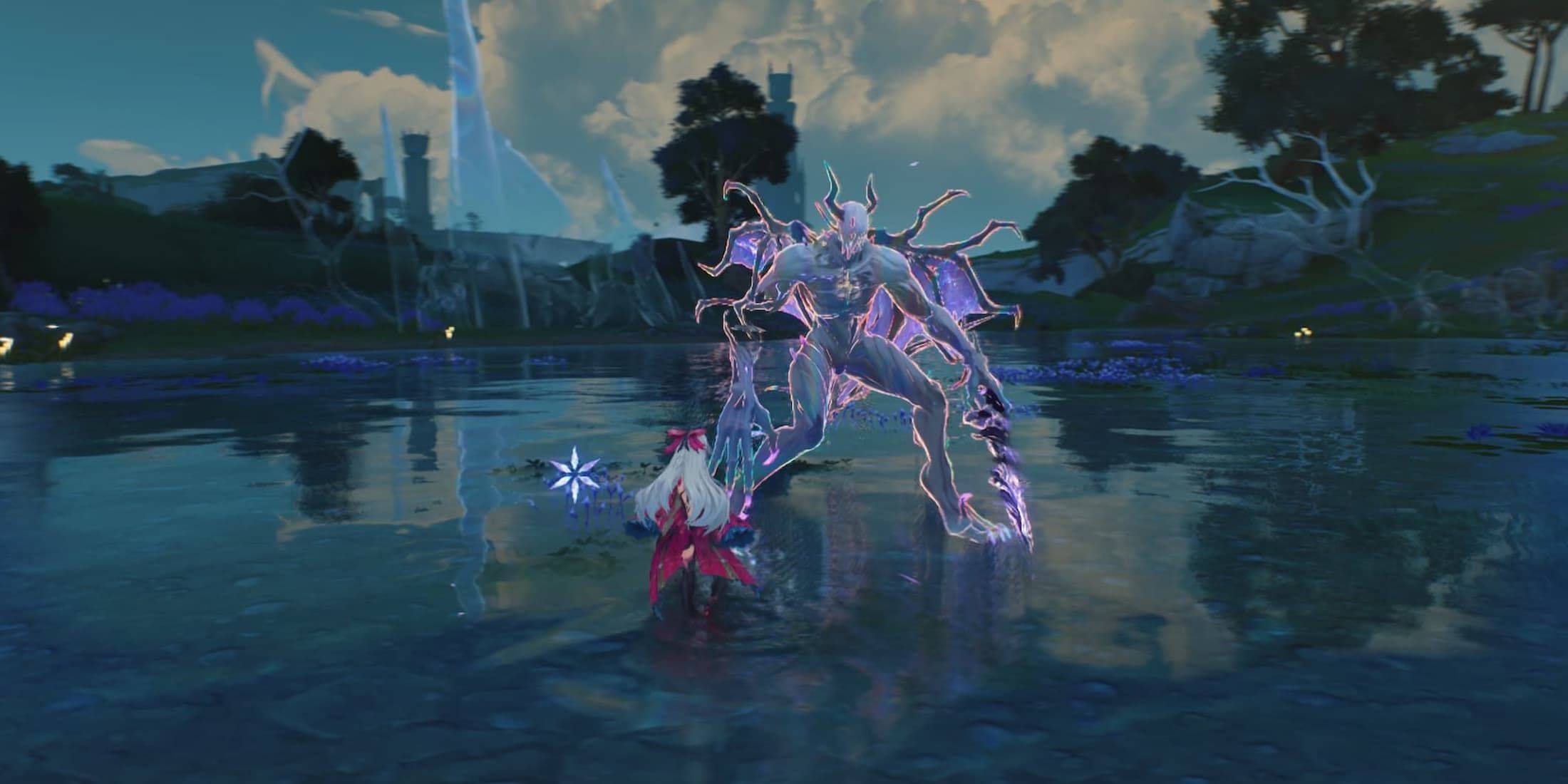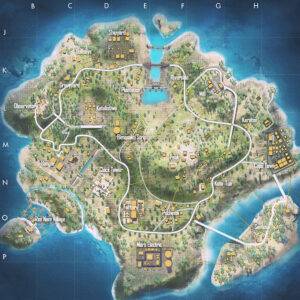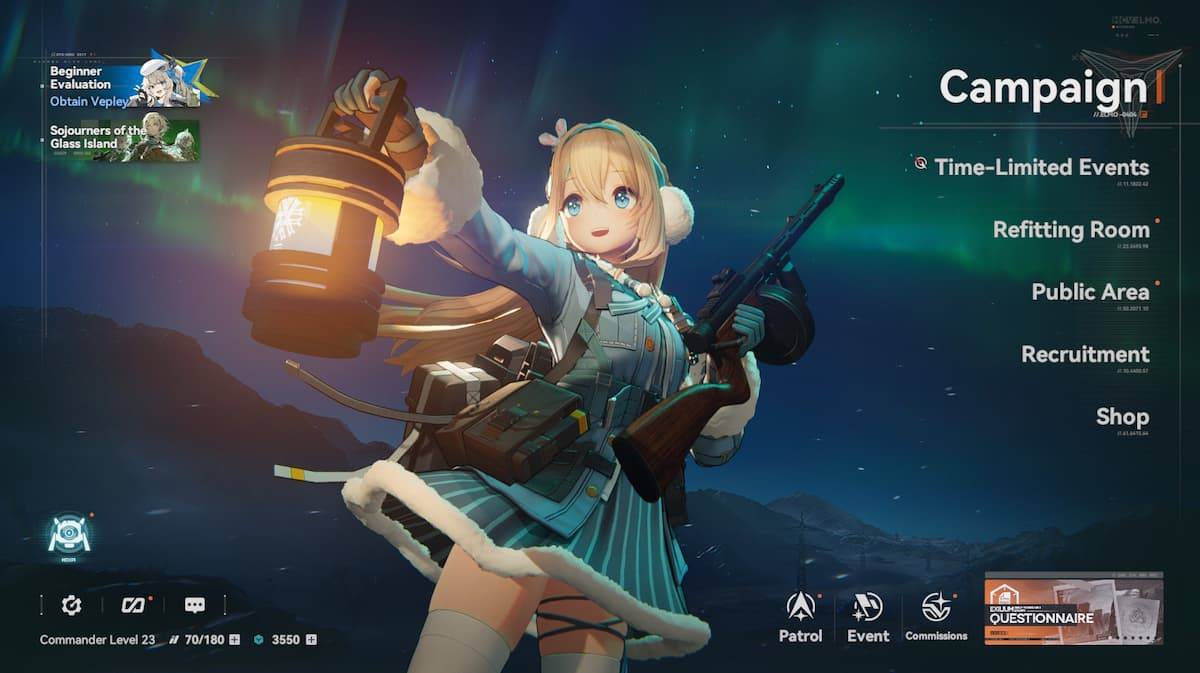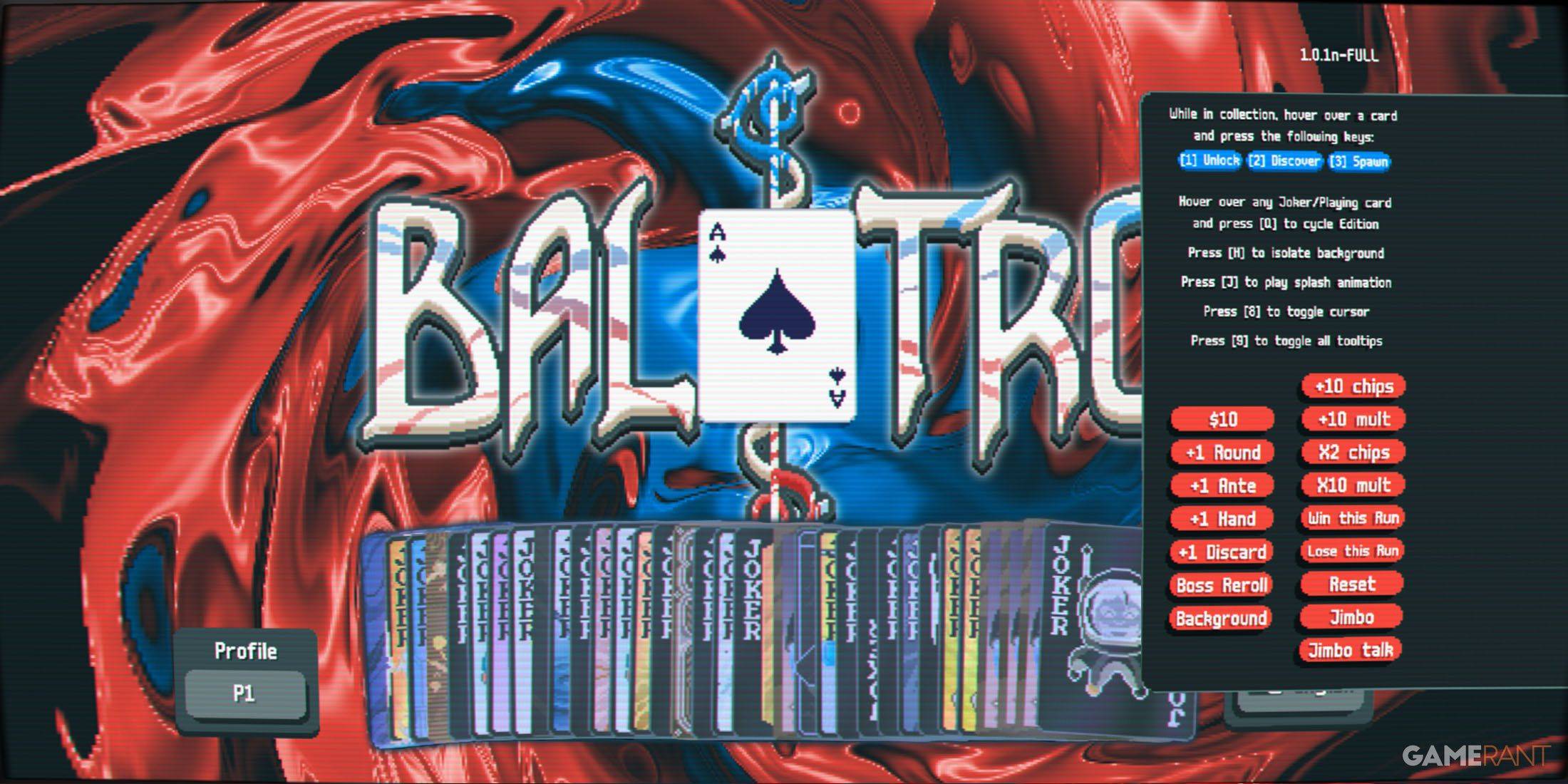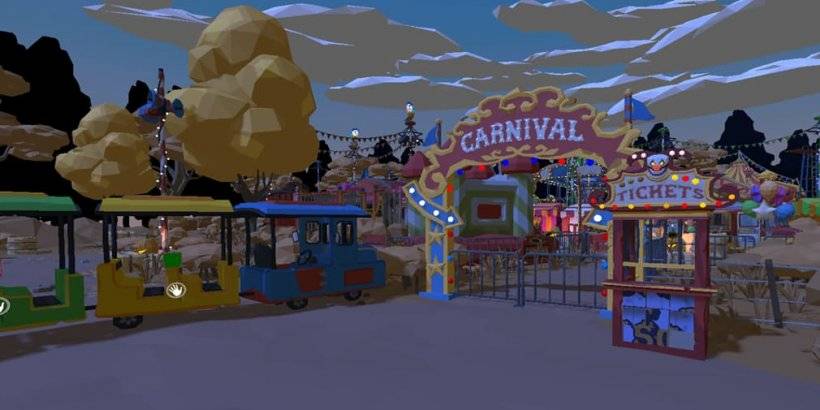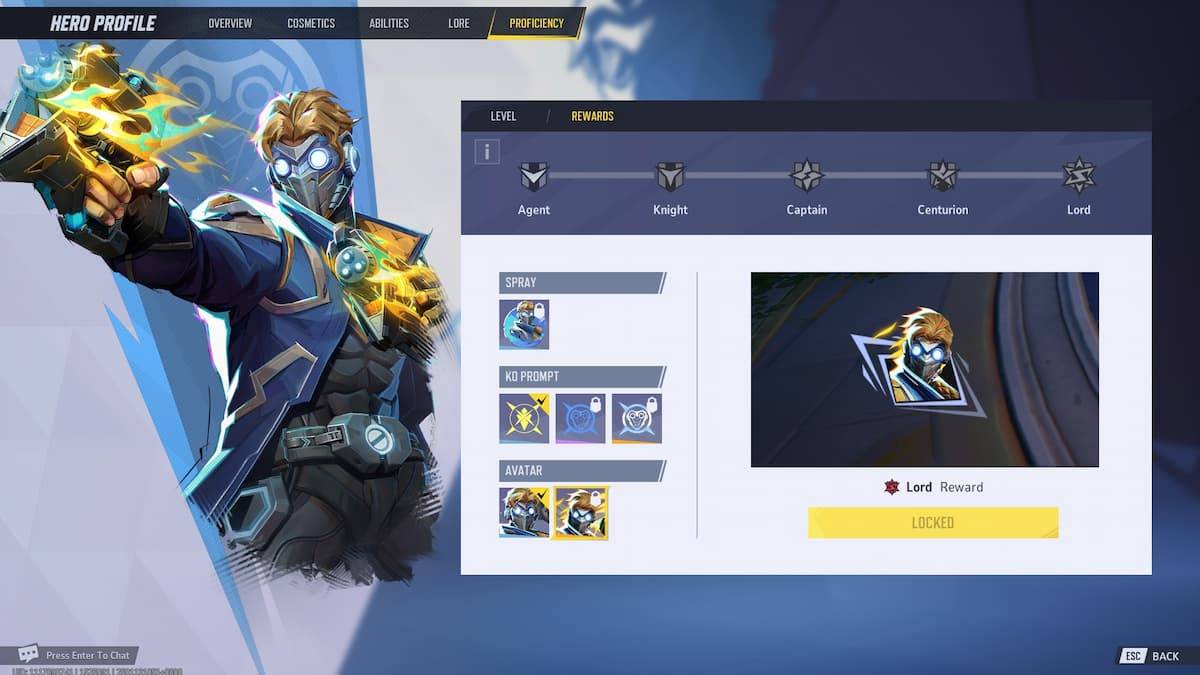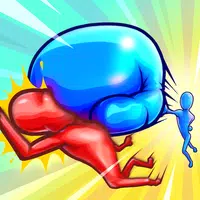Ridley Scott's Lost Dune Script Discovered: Fans Likely Unhappy
This week marks the 40th anniversary of David Lynch's adaptation of *Dune*, a film that initially flopped at the box office with a mere $40 million but has since cultivated a devoted cult following over the past four decades. Released on December 14, 1984, Lynch's *Dune* offers a stark contrast to Denis Villeneuve's recent, critically acclaimed two-part adaptation of Frank Herbert's iconic novel. David Lynch, a director known for his eccentric style, took over the project in May 1981 after Ridley Scott, who had just achieved success with *Alien* and would later direct *Blade Runner* and *Gladiator*, exited the project.
Until recently, little was known about Ridley Scott's vision for *Dune*. However, thanks to the efforts of T.D. Nguyen, a 133-page script from October 1980, penned by Rudy Wurlitzer (known for *Two-Lane Blacktop* and *Walker*), was unearthed in the Coleman Luck archives at Wheaton College. This draft, shared with this author, offers a fascinating glimpse into what could have been.
When Ridley Scott joined the project following the success of *Alien* in 1979, Frank Herbert had already crafted a lengthy, faithful screenplay that was, according to Wired and Inverse, unfilmable due to its scope. Scott selected a few scenes from Herbert's script but enlisted Wurlitzer for a complete overhaul. This new script, developed at Pinewood Studios, was intended as the first part of a two-part film, much like Herbert's and Villeneuve's later versions.
Rudy Wurlitzer spoke about the challenges of adapting *Dune* in a 1984 interview with Prevue Magazine: "The *Dune* adaptation was one of the most difficult jobs I’ve ever done. It took more time to break it down into a working outline than to write the final script. I believe we kept to the spirit of the book but, in a sense, we rarefied it. We interjected a somewhat different sensibility." Ridley Scott, reflecting on this script in a 2021 interview with Total Film, stated, "We did a script, and the script is pretty fucking good."
Despite its quality, several factors led to the project's demise, including Scott's emotional state following his brother Frank's death, reluctance to film in Mexico as insisted by producer Dino De Laurentiis, a budget exceeding $50 million, and the allure of the *Blade Runner* project. Additionally, Universal Pictures executive Thom Mount, as documented in this author's book A Masterpiece in Disarray – David Lynch's Dune, noted that Wurlitzer's script "did not receive unanimous, glowing enthusiasm."
Was Wurlitzer's adaptation too dark, violent, or politically charged for a commercial blockbuster? Or was it a poor cinematic execution of Herbert's expansive narrative? Readers can explore our detailed analysis of the script to form their own opinions.
Rudy Wurlitzer (age 87) and Ridley Scott were contacted for this article but declined to participate.
A Wilder Shade of Paul
The October 1980 draft opens with a vivid dream montage depicting hot deserts and apocalyptic armies, signaling Paul Atreides' "terrible purpose." Ridley Scott's visual style, known for its rich, dense imagery, is evident in descriptions such as "birds and insects become a whirling hysteria of motion." As Scott mentioned in Total Film, "We did a very good take on *Dune*, because early days, I’d work very, very closely with the writer. I was always glomming the look of the film onto what he or she was writing."
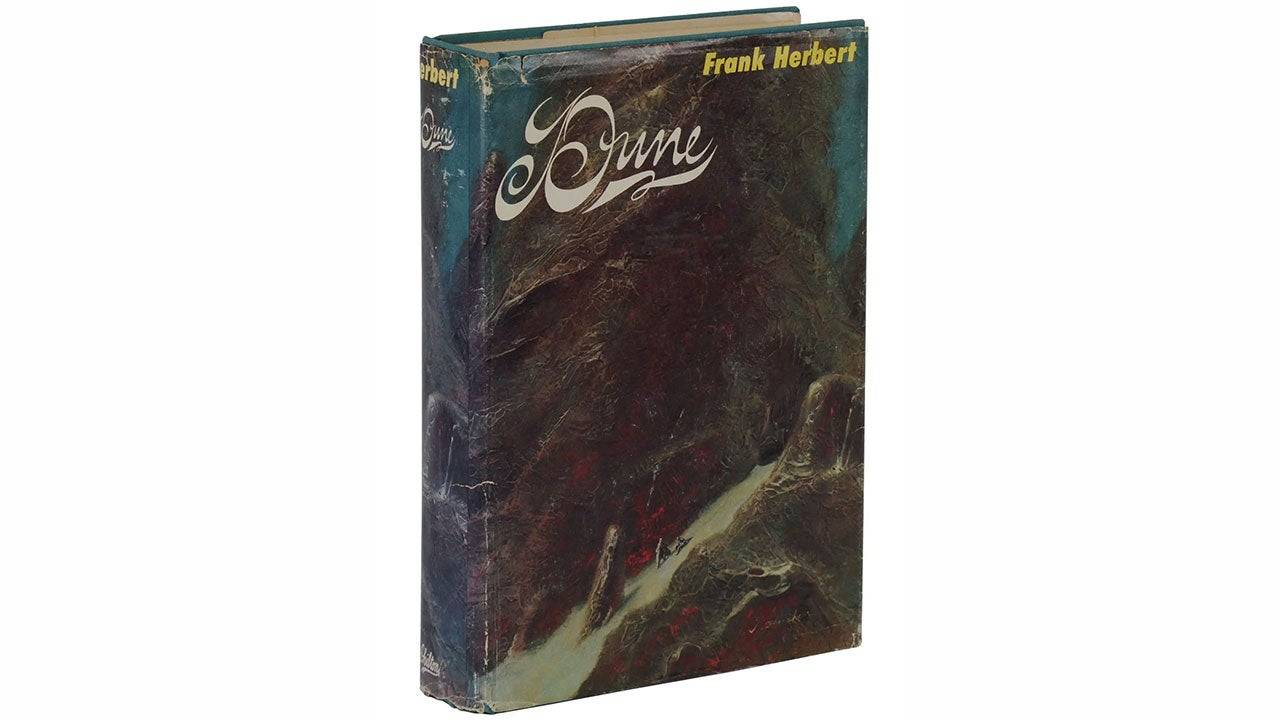
In the script, Paul awakens from his dream to the sound of rain at Castle Caladan. Unlike the charismatic Timothée Chalamet in Villeneuve's version, this Paul is a 7-year-old with long blonde hair, facing his first test with the Reverend Mother. His recitation of the Litany Against Fear is intertwined with his mother Jessica's, showcasing their psychic bond. The script also includes a scene where young Paul uses The Voice to retrieve a sword and nearly kills Duncan Idaho in his sleep, highlighting his "savage innocence."
Stephen Scarlata, producer of the documentary *Jodorowsky's Dune*, commented on Wurlitzer's portrayal of Paul: "Rudy Wurlitzer’s version of Paul is far more assertive. He actively takes charge. We even see a flash-forward of his growth spanning from age 7 to 21, where his relentless training leads him to surpass Duncan Idaho. Personally, I prefer Lynch’s depiction of Paul. There’s an added tension in believing Paul might defeat Gurney, only to realize he doesn’t. This vulnerability makes us feel more fear and concern for him, especially when Paul and Jessica are forced to escape."
As the story progresses, Paul matures into a 21-year-old master swordsman, described as "handsome, charismatic, regal." Duncan Idaho, now older and broader with white hair and a beard, shares a humorous exchange with Paul, reminiscent of Jason Momoa's portrayal in Villeneuve's film.
Long Live the Emperor
The script introduces a pivotal scene where Jessica observes a gardener raking white pebbles, only for the scene to shift dramatically when rain begins to fall, and the gardener announces, "the Emperor is dead." Contemporary screenwriter Ian Fried, who worked on *Legendary's Spectral* and an unproduced modern adaptation of *The Island of Dr. Moreau*, praised this moment to IGN: "I absolutely love the moment of Jessica looking out across the castle at the gardener raking white pebbles into patterns. Then all of a sudden it starts raining and the gardener falls to his knees, prostrates himself, looks up at the sky and says, 'the Emperor is dead.' I get chills just saying that. On the other hand, that's not at all from the book. There's so much material in *Dune* that to be adding new stuff is probably not what most people would have wanted or would want now. That was a really, really interesting part of the script, that the catalyst for everything is the Emperor dying."
The narrative then shifts to the Emperor's Inner Kingdom, surrounded by snow peaks and mystic circles, where the Twenty-Four Great Houses gather to mourn. The Emperor's spirit speaks through a medium, bequeathing Duke Leto Atreides the planet Arrakis to combat the looming darkness. The script introduces a tense encounter between Leto and his cousin, Baron Harkonnen, who offers to split spice production to avoid conflict. Leto rejects the offer, leading to a memorable line from the Baron: "He who controls the spice controls the universe."
Mark Bennett of DuneInfo noted, "Normally I have credited Lynch with this great line. Given that this was a De Laurentiis project script, I wonder if Lynch read it and borrowed that line, or came up with it independently?"
Flight of the Navigator
Similar to Lynch's version, the script includes a scene aboard a Guild Heighliner where we see a Navigator, a spice-mutated creature not revealed in the books until *Dune Messiah*. Described as "an elongated FIGURE, vaguely humanoid with finned feet and hugely fanned, membranous hands, floating in a transparent outer container, like a loose, flexible skin; a fish in a strange sea with eyes of Total Blue," the Navigator takes a pill, falls into a coma, and plots the course with musical intonations to "Engineers," echoing Scott's later film *Prometheus*.
Ian Fried expressed his enthusiasm for this scene: "I absolutely loved that they were able to show the Navigator. Even though I love the Denis Villeneuve movies, I'm really disappointed we didn't get to see his take on that. A missed opportunity."
Upon arriving on Arrakis, the Atreides' Arakeen fortress is described with dark chambers and massive fireplaces, evoking the aesthetic of Scott's *Legend*. The world feels medieval, emphasizing swords, feudal customs, and fealty. The script includes Bosch-like Dew Collectors using scythes in the castle gardens, reflecting Scott's concurrent development of a fantastical version of *Tristan and Isolde*.
Liet Kynes introduces his daughter Chani to Duke Leto and Paul at a weather station, emphasizing ecological devastation through dissected native creatures. Their Ornithopter trip through the desert is intercut with scenes of squalid urban "ghettos" in Arakeen, inspired by Gillo Pontecorvo’s *The Battle of Algiers*. The script also includes a new action scene where Paul and Duncan follow a Harkonnen agent into a trading post, resulting in an '80s-style bar fight. Stephen Scarlata commented, "That feels like a bar brawl you’d find in a Burt Reynolds or Walter Hill action movie. The fight scene feels out of place because it makes Paul seem too invincible too soon. His journey is about growth - learning to survive, adapt, and lead. If he’s already effortlessly beating enemies, we lose the tension/fear for his safety key to making his transformation meaningful."
In this brawl, they meet the stoic Fremen leader Stilgar, who later decapitates a lone Harkonnen agent at a smuggler's market. The script also features a scene of Bene Gesserit Jessica levitating during meditation, explicitly planning to conceive a child with Duke Leto.
Baron Wasteland
Dr. Yueh, after receiving a secret message, shares a moment of regret with Paul before sending him into the city. Paul follows a homeless boy into a Fremen Spice Den, inhaling blue spice vapor and experiencing visions of his unborn sister Alia. He encounters a strange pit with a red ball and a tiny sandworm, hypnotizing it with mudras.
After poisoning Thufir during a chess game, Yueh deactivates the house shield, allowing Harkonnen Death Commandoes to enter the castle. Paul returns from the slums to find a Hunter-Seeker, depicted as "a bat-like creature with a cobra's head," attacking him in his quarters. He manages to decapitate it, showcasing his skills.
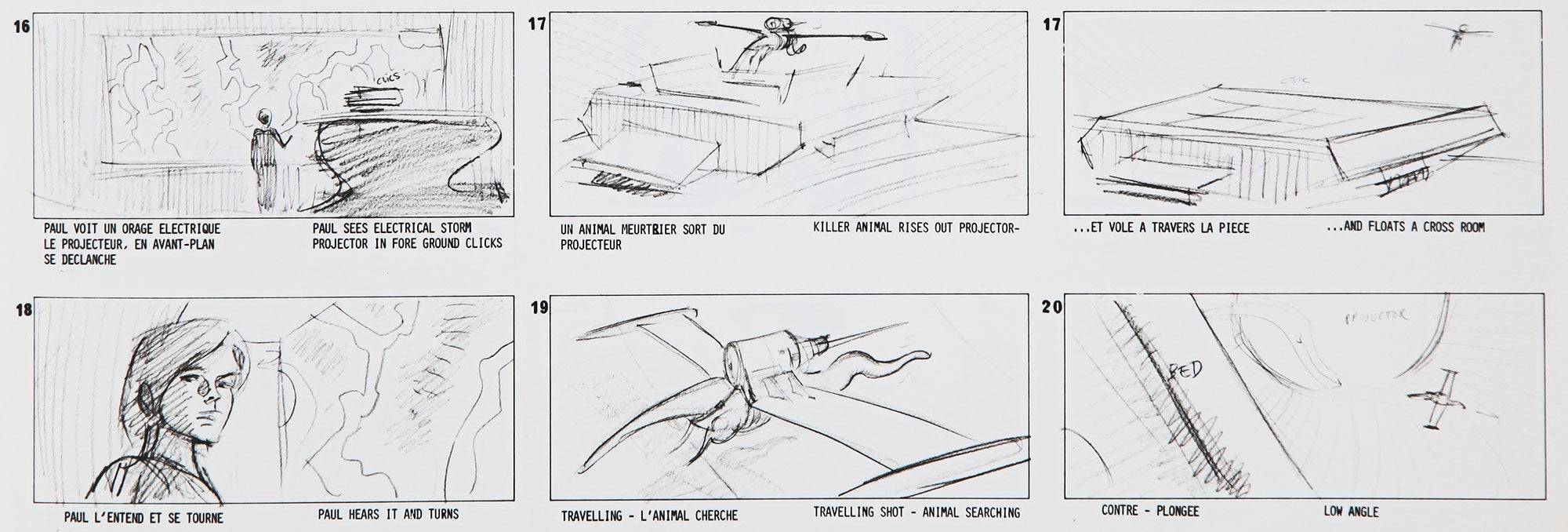
Stephen Scarlata remarked on this scene, "The Hunter-Seeker scene is fascinating to me. Introducing a biological twist to the usual mechanical device mirrors Alejandro Jodorowsky’s unmade *Dune* from a few years earlier, where the Hunter-Seeker is a flying creature with a bomb strapped to its back… Paul slows his heart rate, disarms the creature, and throws the bomb out the window. Both versions experiment with an animalistic take."
Duke Leto fights off the Death Commandoes before being shot by Yueh. Duncan Idaho arrives to save Leto but is stabbed by Yueh, whom Duncan then cuts in half. Jessica places a poison gas capsule in the dying Duke's mouth. Duncan fends off Sardaukar, allowing Paul and Jessica to escape in an Ornithopter. The violence is graphic and decidedly R-rated.
The Deep Desert Controversy
Paul and Jessica's escape into the deep desert is intense, with Paul's piloting causing G-force ripples on their cheeks. After crashing, they shelter in a Stilltent, don Stillsuits, and journey the desert in search of Fremen. A scene where Paul stands face-to-face with a massive sandworm, akin to Villeneuve's film, is included.
Notably, this draft omits the incestuous subplot between Paul and Jessica present in earlier versions, which had incensed Frank Herbert and De Laurentiis. Wurlitzer had introduced these scenes, stating in Prevue, "In one draft I introduced some erotic scenes between Paul and his mother, Jessica. I felt there was always a latent, but very strong, Oedipal attraction between them, and I took it one note further. It went right in the middle of the film, as a supreme defiance of certain boundaries, perhaps making Paul even more heroic for having broken a forbidden code."
In the script, Paul and Jessica slide down a sand dune, losing supplies, and hide in a giant worm carcass. Fremen led by Stilgar arrive, and Paul eagerly accepts a death duel with Jamis. Jessica, not Chani, gives Paul advice and hands him the crysknife, announcing him as the Lisan al-gaib. The battle is swift, and Paul sheds tears for Jamis, a scene similar to Lynch's excised footage.
At a Fremen camp, Paul is given the name Maud'Dib after participating in a Spice ceremony. He learns that he has won Chani's hand in battle, and she accepts him as her new mate. The script includes a scene reminiscent of *Waterworld*, with Fremen carrying possessions to a Sundancer to cross the salt flats. Kynes encourages Chani to stay close to Paul, despite her ambivalence towards Jessica.
The climax features a Water of Life ceremony led by a Shaman with three breasts and male genitals, performing an erotic dance as a sandworm emerges. Jessica drinks the Water of Life, surviving and proclaiming herself the new Reverend Mother. The Fremen accept Paul as their Messiah, and the script ends with Jessica calling a giant sandworm, hinting at Paul's upcoming ride.
Conclusions
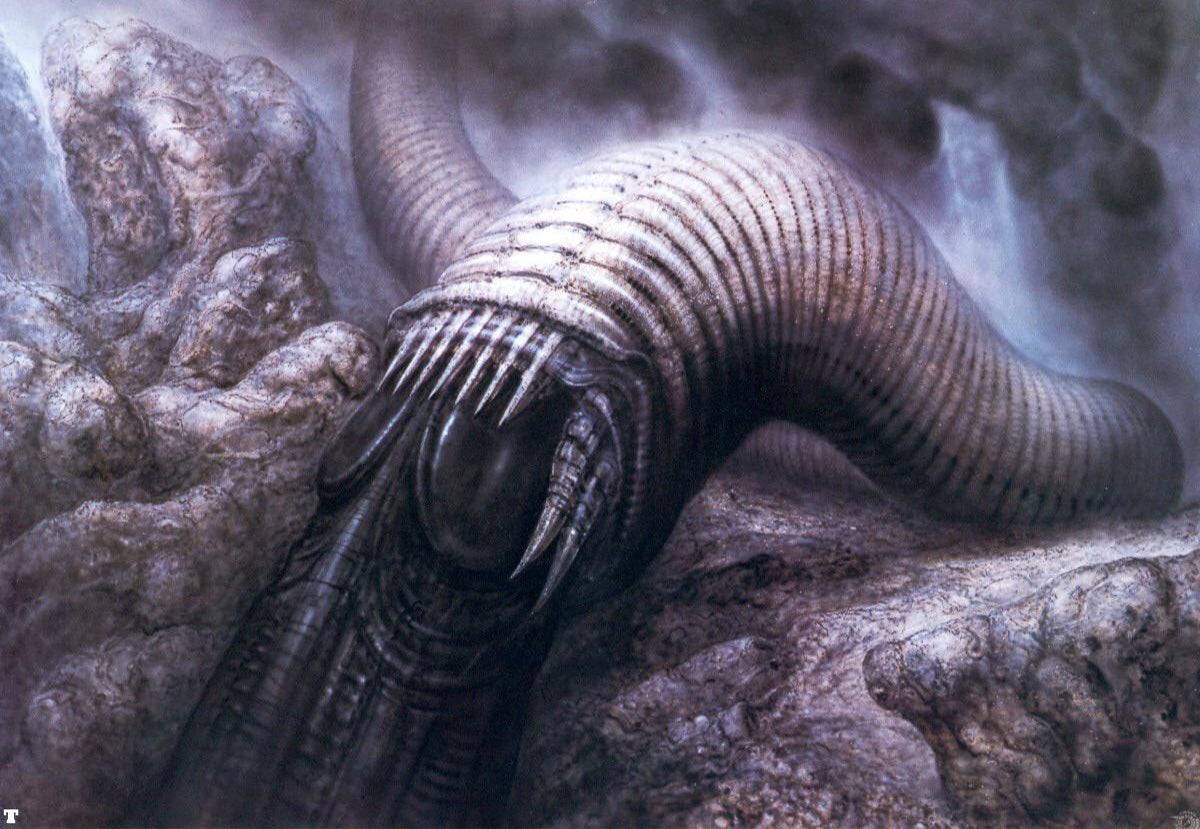
Frank Herbert's *Dune* novels aimed to illustrate the disastrous impact of charismatic leaders on humanity, a theme ignored by Lynch but central to Villeneuve's adaptations. Wurlitzer's script presents Paul as more of a confident young man accepting his destiny as a universal dictator, a portrayal that aligns with Herbert's warnings about the dangers of such figures.
While the script deviates significantly from Herbert's material, it was crafted during the dawn of modern science fiction cinema, inspired by *Star Wars* and *Alien*. Its mature themes and visual storytelling attempted to address real-world concerns like ecological devastation and exploitation, similar to challenges faced by Zack Snyder with *Watchmen*.
Ridley Scott's initial vision for *Dune* included important visual relationships and a different narrative catalyst, with the Emperor's death sparking chaos rather than a convoluted plan. The script's absence of characters like Gurney and Rabban, yet increased focus on Kynes, offers a fresh perspective.
The legacy of Wurlitzer and Scott's *Dune* includes H.R. Giger's phallic sandworm design and Harkonnen furniture made from skeletons, now housed at the Giger Museum in Gruyères, Switzerland. Vittorio Storaro, initially set to lens this version, later worked on the 2000 Sci-Fi Channel miniseries *Frank Herbert's Dune*. Scott and De Laurentiis eventually collaborated on *Hannibal* in 2001, which grossed $350 million worldwide.
Wurlitzer's script, praised by Scott as "a decent distillation of Frank Herbert," uniquely balances the novel's ecological, political, and spiritual themes. Ian Fried highlighted its strength: "The ecological aspect of *Dune* is covered in this script in a way it's never been covered in any other piece of material. That's one of the strengths of this adaptation: It feels like it's important to the story being told. It doesn't hit you over the head with it. It genuinely is a consequence of what man has done to this planet, the ecological issues that have developed around spice mining. There are a lot more clear motivations in the Ridley Scott *Dune* script for a larger variety of characters."
As *Dune* approaches its 60th anniversary, the themes of environmental decay, the dangers of fascism, and the need for societal awakening remain profoundly relevant. Perhaps a future filmmaker will bring a new adaptation that honors these ecological underpinnings, keeping Herbert's vision alive for generations to come.
Latest Articles




![Taffy Tales [v1.07.3a]](https://imgs.anofc.com/uploads/32/1719554710667e529623764.jpg)

